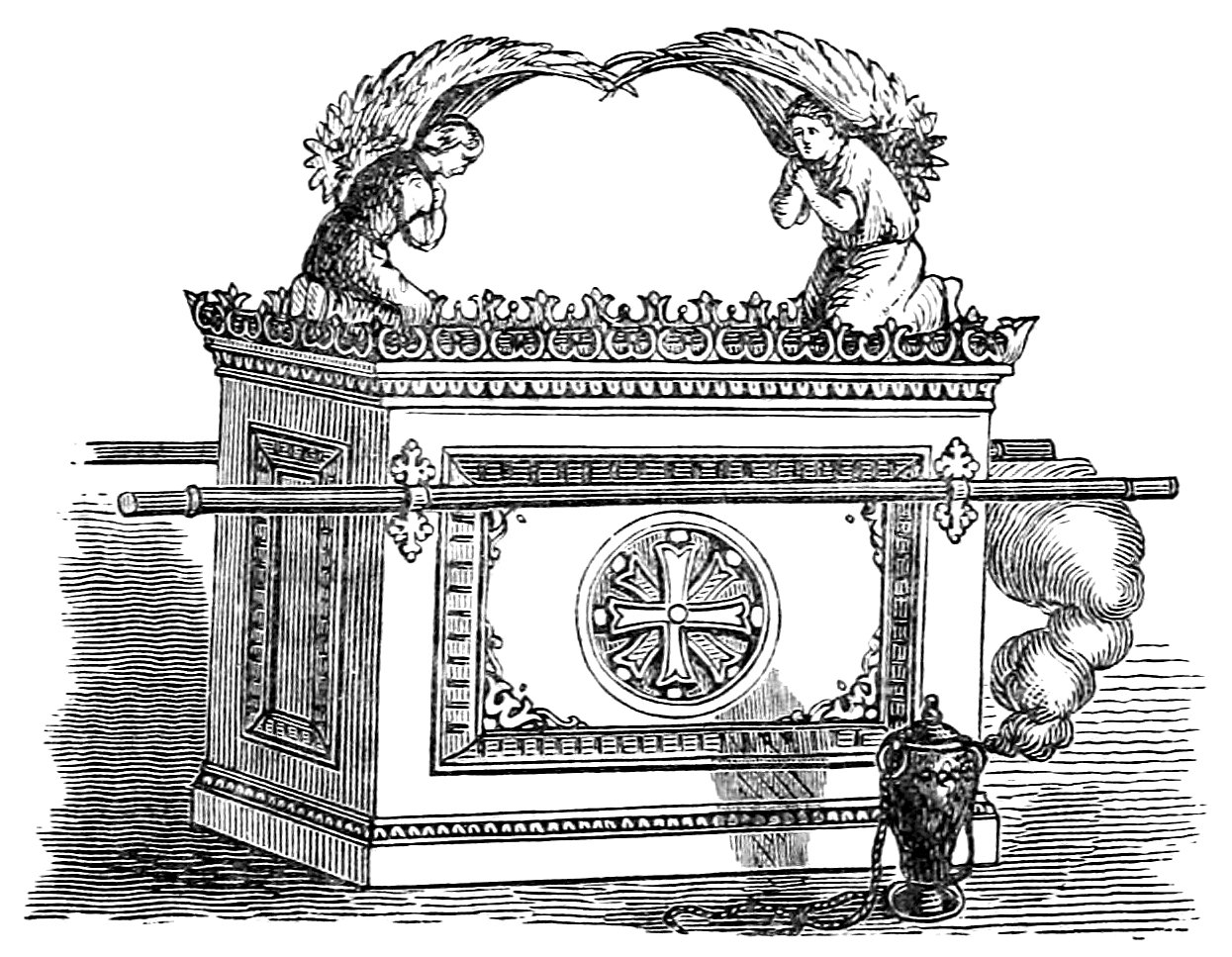Lesson Objectives
(1) The student will be able to explain:
-
Some details about the nature of angels.
-
The involvement of angels in the life of the believer.
-
The fall of Satan and other evil spirits.
-
The spiritual conflict that exists in the spirit world.
-
The ultimate victory of God and believers over evil powers.
-
A statement of Christian beliefs about spirits.
(2) The student will avoid the wrong kind of interest in the spirit world.


